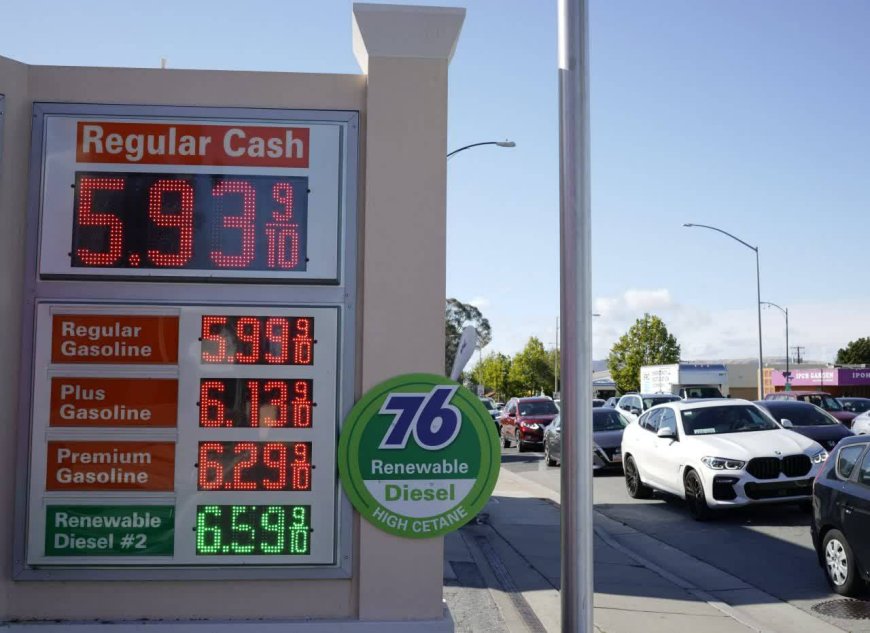Biden's Economic Policies under Fire: Tackling Soaring Fuel Prices Ahead of the 2024 Election
Biden's Economic Policies under Fire: Tackling Soaring Fuel Prices Ahead of the 2024 Election

Today, the Biden administration is facing an insurmountable challenge as fuel prices soar ahead of the 2024 US election competition. Despite Joe Biden's efforts to address inflation and strengthen the country's economy, the relentless increase in fuel prices has created formidable hurdles. Presently, gasoline prices in the United States have reached their highest point in nine months due to OPEC's decision to curtail oil supply to the global market. This development has sparked concerns within the White House, with predictions emerging that oil prices may reach $100 per barrel this year.
The recent surge in crude oil prices can be attributed to the production cuts implemented by OPEC+ members, spearheaded by Saudi Arabia and Russia. Saudi Arabia alone has withdrawn nearly 1 million barrels per day from the market, contributing to a total production cut of 3.66 million barrels per day by OPEC members. This severe restriction in supply has subsequently driven up demand for crude oil, resulting in increased prices that directly impact consumer costs.
Aside from external factors influencing the surge in fuel prices, internal conditions within the United States have not been immune to the challenges at hand. Patrick DeHaan, who serves as the head of petroleum analysis at GasBuddy Company, highlighted the impact of refinery disruptions caused by extreme heat, which have affected the operations of some of the country's largest refineries. This sudden increase in gasoline prices coincides with peak summer demand and a decline in gasoline inventories, which are currently at their lowest levels since July 2015.
Moreover, oil prices have skyrocketed to their highest levels in recent months, surpassing $80 per barrel, as the US strategic oil reserves withdrawal process concludes and concerns regarding limited supply persist. The reduction in oil supply, coupled with the conclusion of the withdrawal process from US strategic oil reserves, has intensified the pressure on gas prices in the United States. Gas prices have risen by almost a quarter this year, reaching $3.80 per gallon. Although lower than the record-breaking prices of over $5 witnessed last summer, it remains 60% higher than the levels observed when Biden assumed office in January 2021.
These domestic circumstances present significant challenges for Biden at this critical juncture. While the Biden administration has endeavored to demonstrate a robust economy with controlled inflation, the inflationary effects caused by rising fuel prices provide ammunition for his opponents to criticize his policies. Republicans have targeted Biden in the run-up to the presidential election, blaming the White House for prioritizing climate policies over domestic oil production. Additionally, analysts assert that the perception of the economy among American voters is heavily influenced by oil prices. With supply reductions potentially driving oil prices to $100 per barrel, Biden is set to face a challenging path as the US presidential election draws nearer.













































